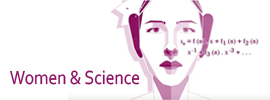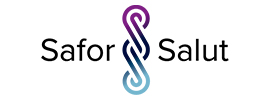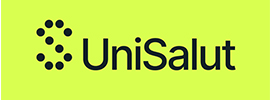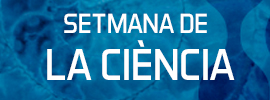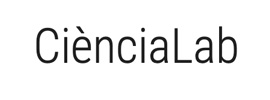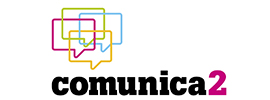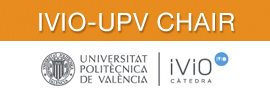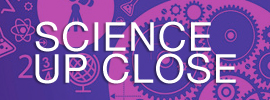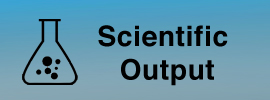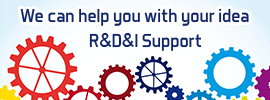It never crossed my mind to get my PhD when I started the “Technology, Systems and Communication Networks” Master’s Degree Program in the Department of Communications at the UPV. My main goal was to further my studies in Telecommunications Engineering. During those two years I learned the basics of network simulation techniques, content distribution technologies and, above all, distributed multimedia systems.
My surprise and joy was to discover that Fernando Boronat, the professor who taught one of my favorite subjects in the program, was conducting research on related topics. My satisfaction was even greater when Fernando offered me a fellowship to take part in a multimedia synchronization research project. And that’s how it all started.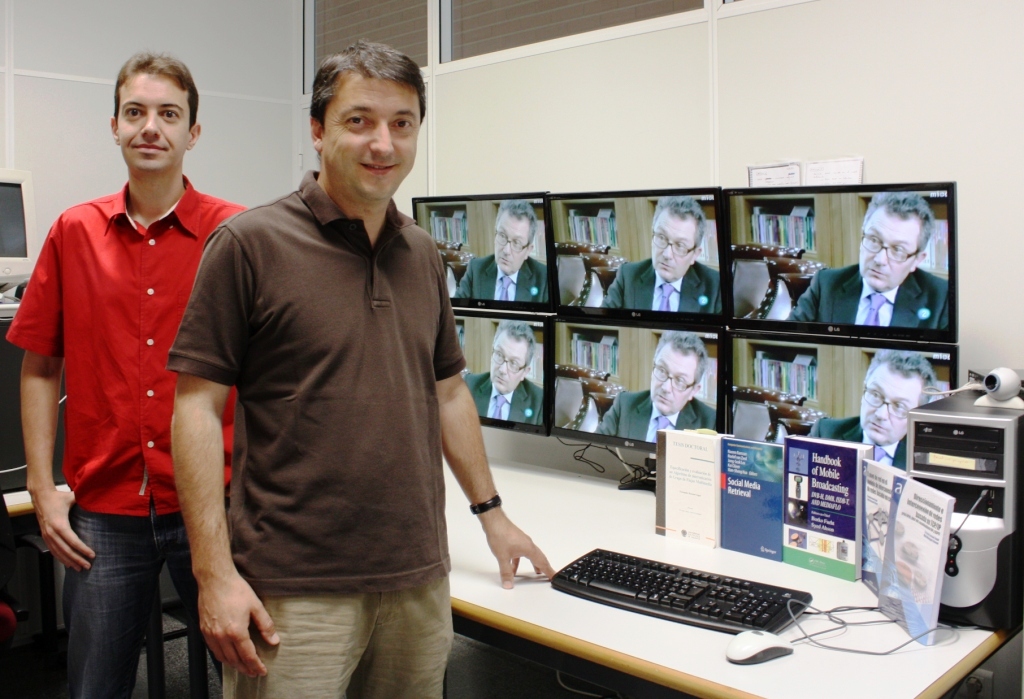
My duties as a fellow allowed me to work on a research area that both motivated me would serve me for my Master’s thesis. The decisive turning point was when I got the Research Personnel in Training Scholarship (FPI) from the UPV. This allowed me to dedicate the next four years to working on my dissertation, which we titled: “Design, Development and Evaluation of an Adaptive and Standardized RTCP-Based IDMS Solution”.
What is the subject of my thesis? Basically, to improve existing solutions for multimedia group communications over the Internet. One objective was to analyze the effect of both the magnitude of delays in communications, such as its variability, and try to minimize them to provide coherent and satisfying interactive communications. Otherwise, this may frustrate users. (Video)
Specifically, we have analyzed what the requirements are to provide Inter-Receiver Multimedia Synchronization (IDMS), which is the set of technologies to ensure that all users on a shared multimedia session perceive specific events simultaneously. For example, if a user is watching a football game online with friends, with each one of them in a different house, and they find out about a goal first through a chat messages, or the shouts of neighbors, they will probably stop using this type of multimedia services.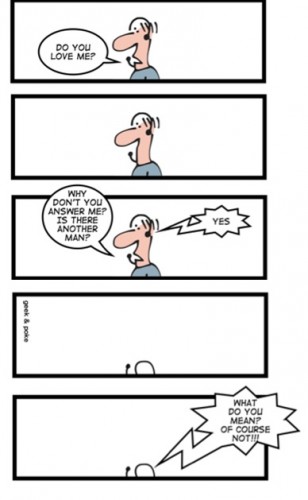
IDMS is needed in multiple variants of shared multimedia experiences such as Social TV, multiplayer online games, collaborative telecommuting, signaling systems and emergency management, as well as distance learning applications in real time.
Despite satisfactory results, such as several publications in high impact journals and conferences, as well as the standard ones, what I value the most is what I have learned and the people I’ve met and who have supported me over the years. For example, I have met international researchers who have become friends, some of whom I only knew from their names in papers and whom I admired.
I am going to take the opportunity to give some advice to my fellow PhD students:
- You should take part in a Visiting Researcher Program if the opportunity arises. Improving your English is just the tip of the iceberg of what you will learn.
- When you go to conferences, you should try to network and meet as many people possible. You should always come back with contacts and new ideas.
So, what am I up to now? Since March, I have been in Amsterdam with one year postdoctoral fellowship in the National Research Center in Mathematics and Computer Science (CWI); specifically in the Distributed and Interactive Systems group led by renowned researchers Dick Bulterman and Paul Cesar, where I’ve had two 3-month stays during my doctoral studies.
If I could go back four years in time I would make the same decision: I would do my dissertation at the Campus Gandia of the UPV and with the same supervisor. There are many things to do and a lot of motivation to do them successfully. Always with the hope of returning to my home.
Researcher in the Immersive and Interactive Media Group (Campus de Gandia) and Distributed and Interactive Systems (CWI, Amsterdam)

